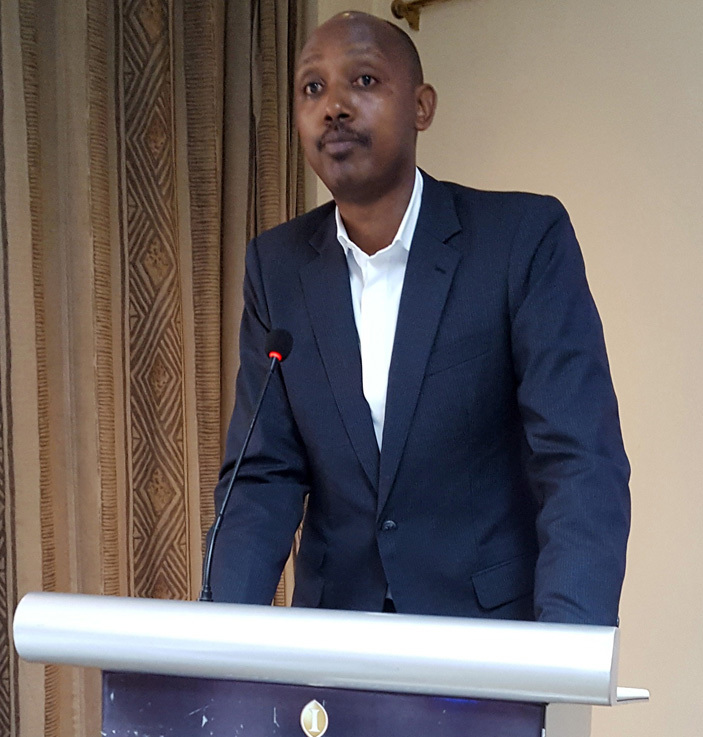AU biennial reporting mechanism launched in Nairobi
Dec 01, 2016
The mechanism, which will involve biennial reporting from the member countries was launched on Tuesday by the AU Commission’s Department for Agriculture and Rural Economy together with the NEPAD Planning and Coordination Agency (NPCA).

The Kenyan capital of Nairobi has this week seen the launch of a mechanism that will check the progress by African governments in achieving the goals of the Malabo Declaration.
The mechanism, which will involve biennial reporting from the member countries was launched on Tuesday by the AU Commission's Department for Agriculture and Rural Economy together with the NEPAD Planning and Coordination Agency (NPCA).
Revisiting the Malabo timeline
As is the norm for African Heads of State and Governments, the leaders met in Malabo, Equatorial Guinea in 2014 to set goals for African agricultural development as Ernest Ruzindaza, the Senior Adviser to the Commissioner of the Department explains.
"It was during the June 2014 AU summit in Malabo that the leaders jointly adopted the goals for the sector. They set the target of attaining them by 2025," Ruzindaza says.
The leaders were also considering resolutions of the AU Joint Conference of Ministers of Agriculture, Rural Development, Fisheries and Aquaculture that had been held in Addis Ababa, Ethiopia a month earlier.
What came out of Malabo?
From the summit came renewed commitments to achieving the Comprehensive Africa Agriculture Development Programme (CAADP) goals summarised in ending hunger, allocating at least 10 percent of public expenditure to agriculture, fast-tracking the operationalization of the African Investment Bank and halving the levels of post-harvest losses all by the year 2025.
 Ernest Ruzindaza, Senior Adviser to the AU Agriculture Commissioner
Ernest Ruzindaza, Senior Adviser to the AU Agriculture Commissioner
Employing more youth, building resilience
The Malabo Declaration, also set the target of creating employment for at least 30 percent of the youth in agricultural value chains by the same year.
Climate change was not ignored as the leaders committed to ensure that at least 30% of African farm, pastoral and fisher households are resilient to climate and weather-related risks by 2025.
The targets were also set to attain annual agricultural GDP growth of at least six percent, triple intra-African trade in agricultural commodities and services by the same year.
The review process, according to Ruzindaza came under the commitment to mutual accountability to actions and results.
"There was need for the continent to have a workable accountability mechanism and this is what we have launched," he said.
Under a decade to 2025
With slightly under nine years to 2025, Her Excellency Rhoda Peace Tumusiime the AU Commissioner for Agriculture and Rural Economy said in an interview that the review mechanism is the AU's means of working with the leaders to achieve the targets.
"We believe that Africa has multiple policies and commitments that look good on paper but have not been coupled with credible plans and strategies for effective implementation. The Heads of State are however focussed on getting results as stated in the Malabo Declaration and we are committed to working with them to ensure that the goals are reached," Tumusiime says.
While speaking at the launch, Augustin Wambo the CAADP Head at the NPCA pointed out a set of 44 indicators categorized in 22 performance categories under seven themes for reporting on the Malabo Declaration.
The country reporting process according to Wambo is set to go deeper from January 2017 and produce a report for the January 2018 AU Summit.
